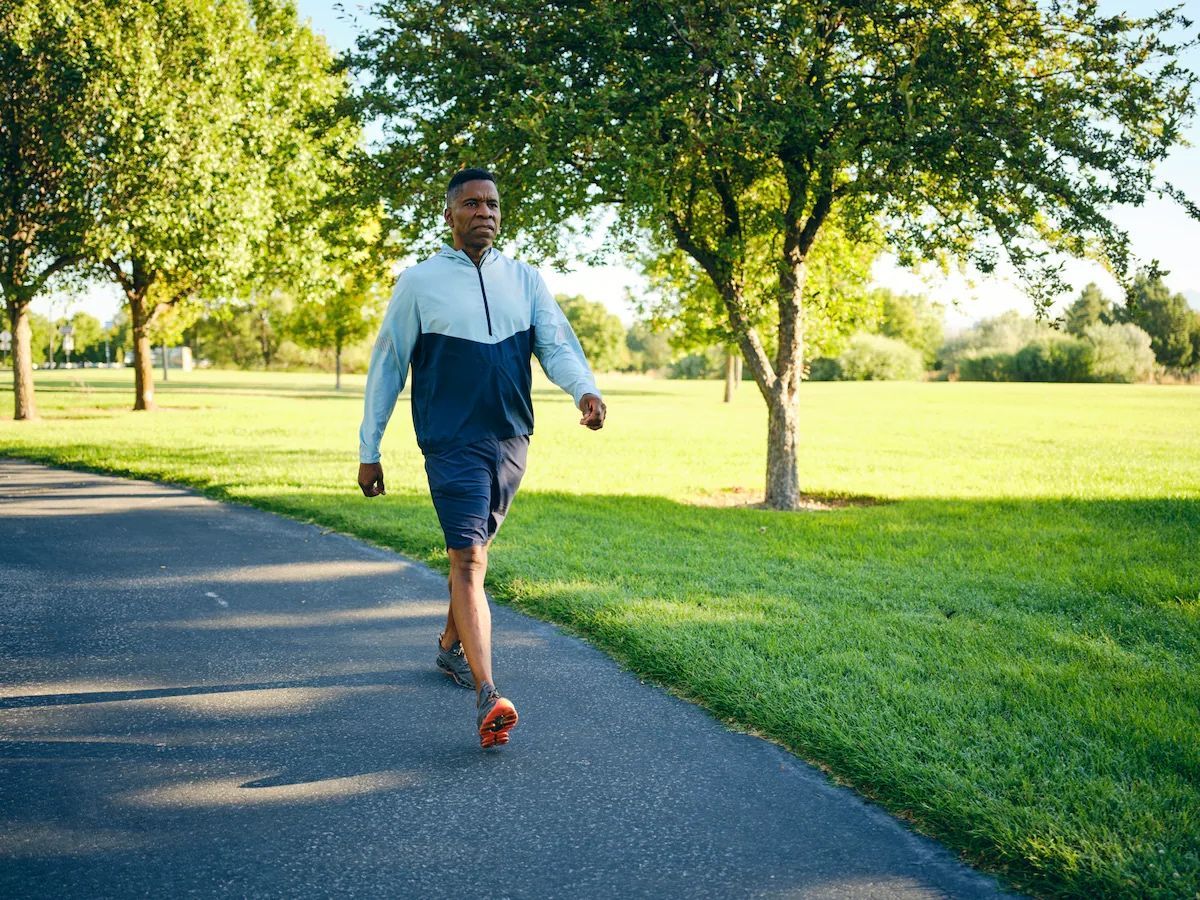The Importance of Staying Active as You Age
Aging is an inevitable part of life, but how we age is within our control. Maintaining an active lifestyle is one of the most powerful ways to preserve our health and independence as we age. Staying active supports physical health and improves mental well-being, social engagement, and overall quality of life. Here’s why staying active is crucial as we age and how it can contribute to a healthier, more vibrant life.
1. Preserving Muscle Mass and Strength
As we age, our muscles lose mass and strength, a condition known as sarcopenia. Regular physical activity, especially strength training, can help counteract this process. Maintaining muscle mass, whether through resistance bands, weightlifting, or bodyweight exercises, is key to staying strong, mobile, and able to perform everyday tasks.
2. Boosting Cardiovascular Health
Heart disease is a major concern as we age, but regular aerobic exercise can improve cardiovascular function and reduce the risk of heart-related issues. Brisk walking, cycling, or dancing strengthens the heart, improves circulation, and helps manage blood pressure and cholesterol levels. Just 30 minutes of moderate exercise most days of the week can significantly affect heart health.
3. Improving Mental Health and Cognitive Function
Staying active is just as important for the brain as it is for the body. Regular physical activity has been shown to reduce the risk of cognitive decline and conditions like dementia or Alzheimer’s disease. Exercise increases blood flow to the brain, promoting neuroplasticity and improving memory, focus, and mood. Moreover, physical activity stimulates the release of endorphins—our body’s natural mood enhancers—which help combat depression and anxiety that may arise in later years.
4. Enhancing Social Connections
Staying active offers opportunities for social interaction, which becomes increasingly important as we age. Group activities such as walking clubs, fitness classes, or dance groups provide a sense of community and connection. Staying socially engaged helps reduce feelings of loneliness and isolation, which can negatively impact mental and physical health. Being part of a group also offers motivation and accountability, making it easier to stick to an exercise routine.
5. Maintaining independence
One of the most compelling reasons to stay active is the ability to maintain independence. Regular physical activity helps preserve mobility, balance, and coordination, allowing older adults to continue living independently for as long as possible. Whether climbing stairs, carrying groceries, or getting in and out of a chair, staying active helps ensure these daily tasks remain manageable.
6. Extending Longevity and Quality of Life
Staying active isn’t just about living longer; it’s about living better. Regular exercise can improve quality of life by reducing the risk of chronic diseases such as diabetes, osteoporosis, and hypertension. It can also alleviate arthritis symptoms and other age-related conditions, making daily life enjoyable and less painful. People who stay active as they age often report feeling younger, more energetic, and more optimistic about the future.
Aging doesn’t mean slowing down; staying active is one of the best ways to age gracefully and healthily. Whether you’re just starting an exercise routine or have been active your entire life, the benefits of physical activity extend well into your golden years. It’s never too late to start. By staying active, you’re investing in your future—one filled with vitality, independence, and joy.
Credit Mellisa M. Butler MD The Importance of Staying Active as You Age
https://ketteringhealth.org/5k-to-couch-after-race-recovery/
















